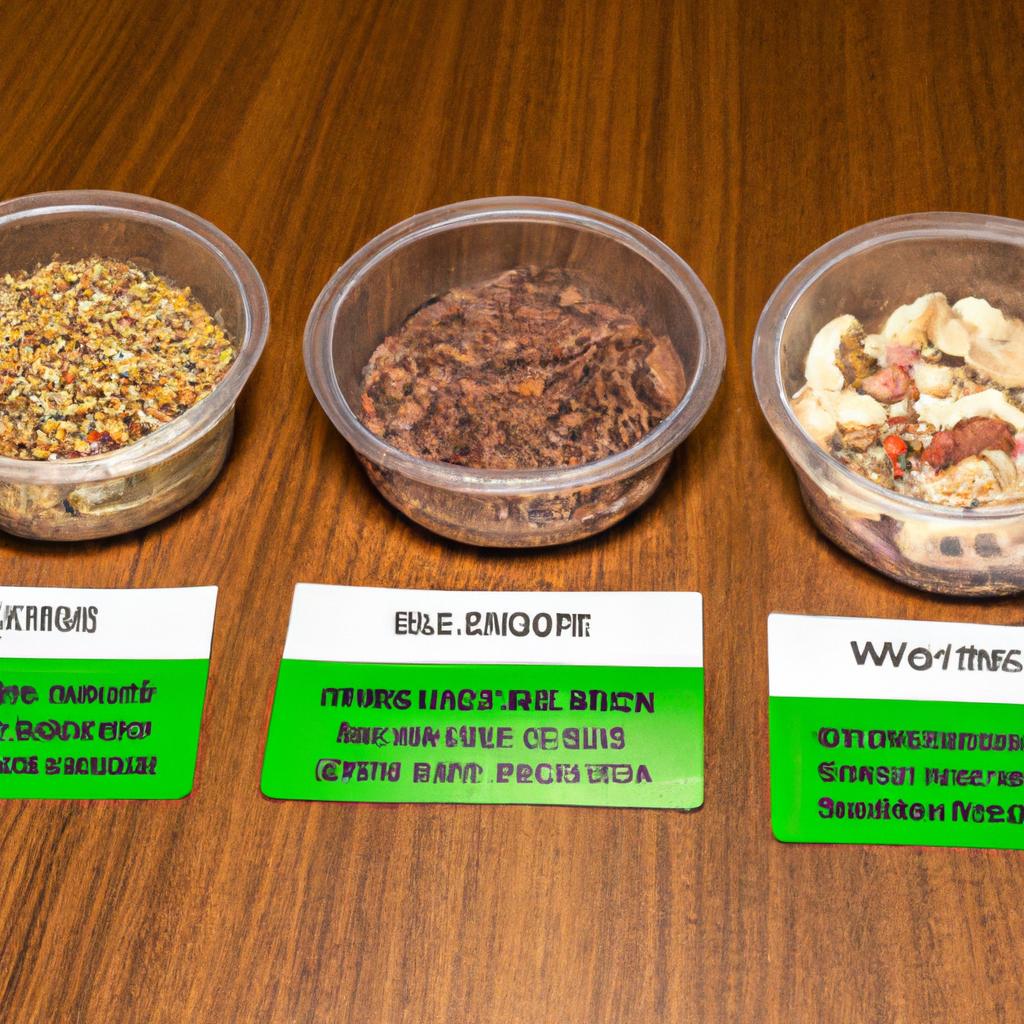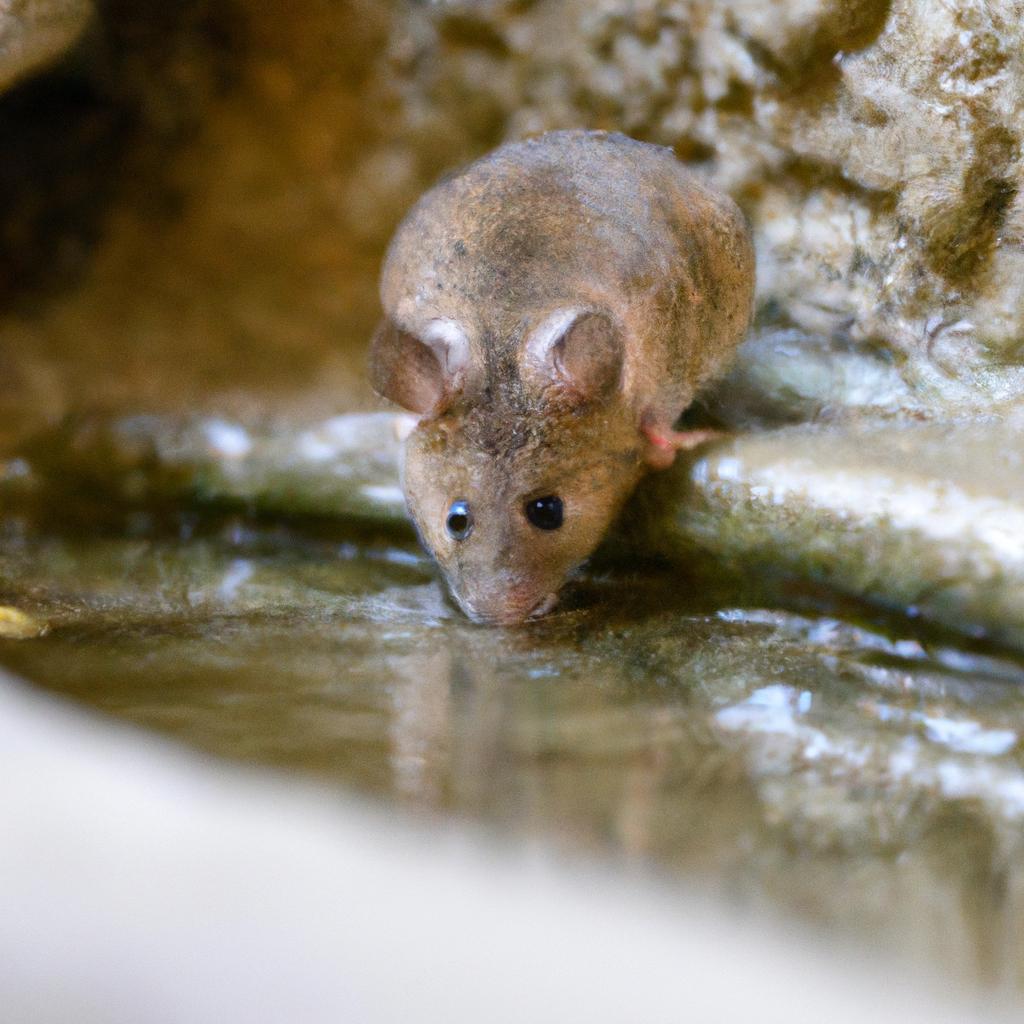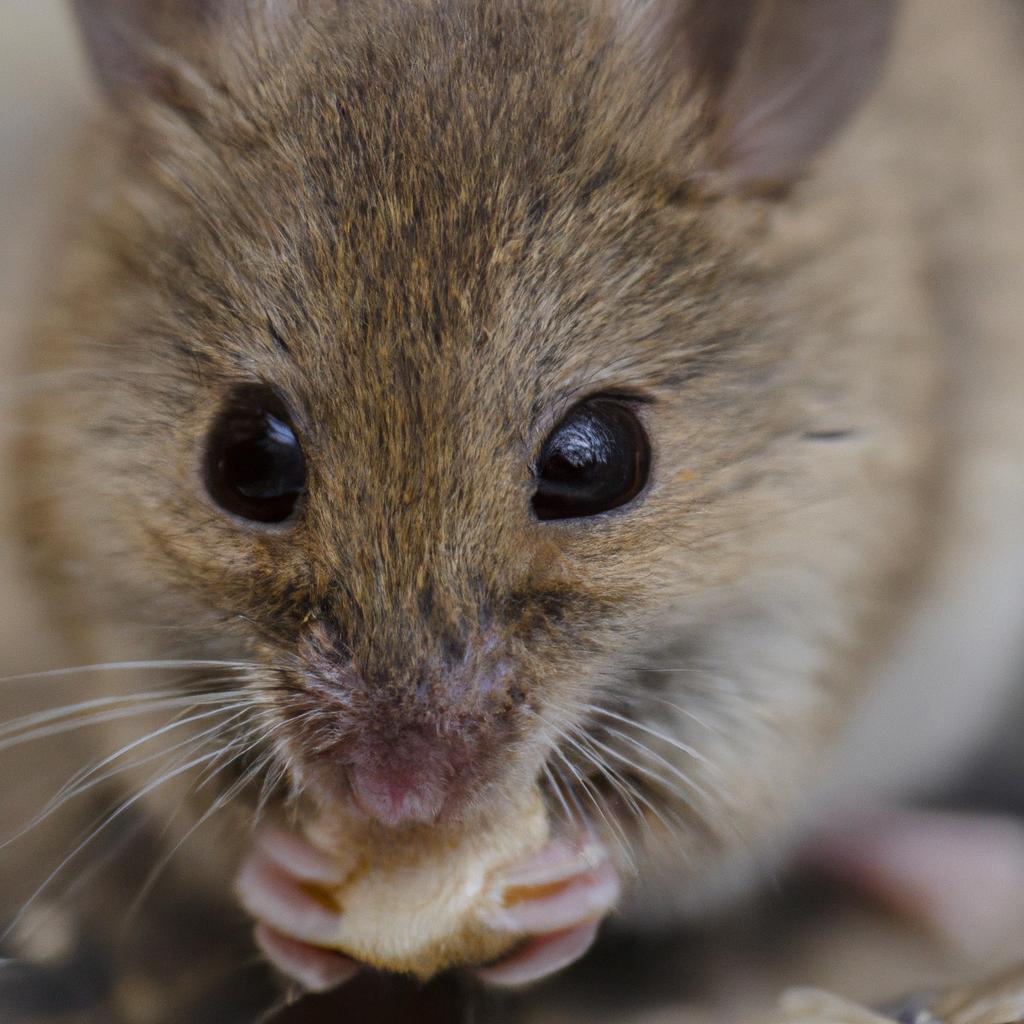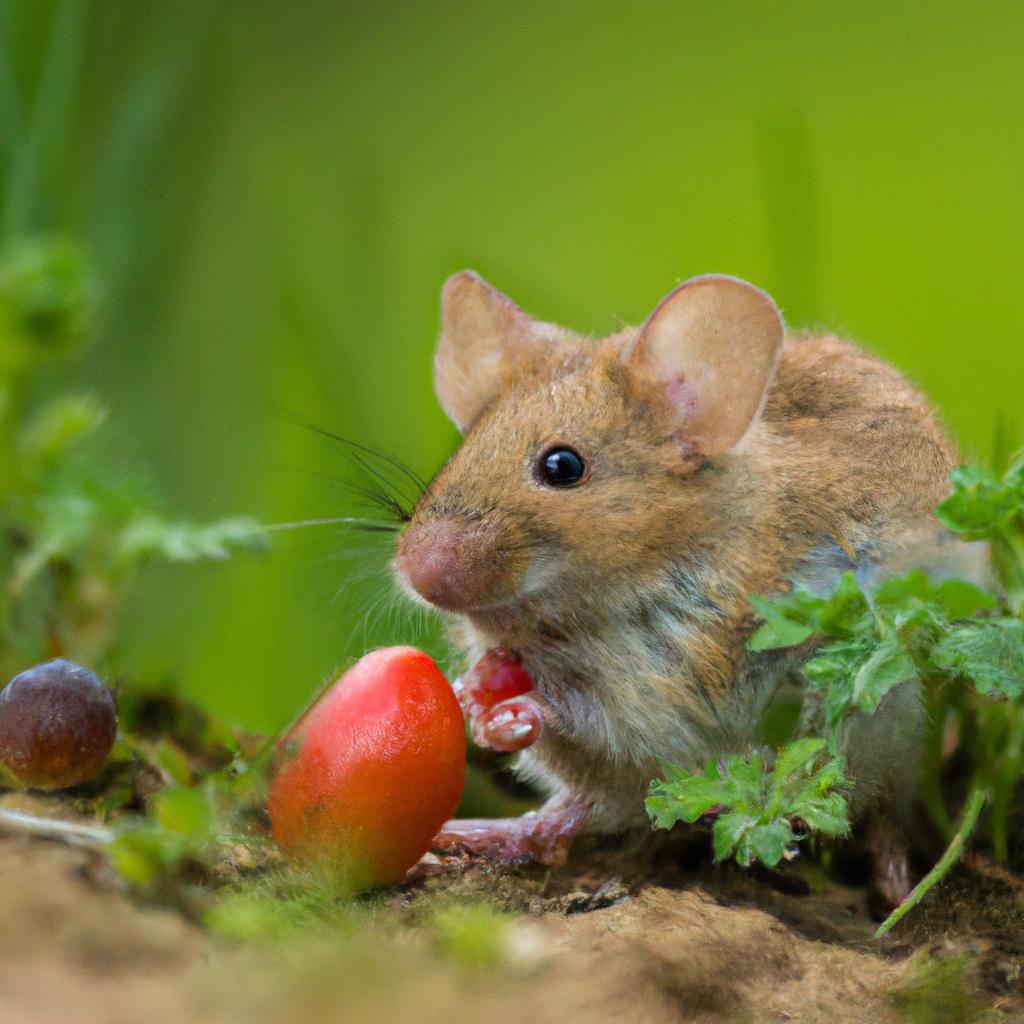As a pet owner, you want to do everything in your power to ensure that your furry friend stays happy and healthy. When it comes to your pet mouse, one of the most important factors to consider is their diet. Just like humans, mice have specific nutritional requirements that must be met in order to maintain optimal health and wellbeing.
In this article, we will explore the dietary needs of pet mice in depth. We will discuss the anatomy and physiology of mice, their nutritional requirements, and the different types of food that are available for them. We will also delve into common health issues related to poor diet and provide recommendations for preventing these issues.
The main keyword of this article is “mouse what her hings take.” This keyword is relevant to the article because it highlights the importance of understanding the dietary needs of pet mice. By the end of this article, you will have a thorough understanding of what your pet mouse needs to eat in order to thrive. So, let’s get started!
Anatomy and Physiology of Mice

As small animals, mice have unique anatomical and physiological features that make their dietary needs distinct from those of larger animals. Understanding these features is crucial for providing your pet mouse with the proper nutrition.
Overview of Mouse Anatomy and Physiology
Mice have a small, slender body with a pointed snout, small ears, and a long tail. They are covered in fur that varies in color depending on the species. Mice are known for their agility and excellent hearing and vision.
In terms of physiology, mice have a high metabolic rate, which means that they require a lot of energy to carry out their daily activities. They also have a short digestive tract, which means that they need to eat frequently to maintain their energy levels.
The Digestive System and Its Functions
The digestive system of mice is similar to that of other mammals. It includes the mouth, esophagus, stomach, small intestine, and large intestine. The digestive system is responsible for breaking down food into smaller particles that can be absorbed by the body.
Mice are omnivores, which means that they eat both plants and animals. Their diet typically consists of seeds, grains, fruits, vegetables, insects, and small amounts of meat. In the wild, mice will forage for food throughout the day to meet their energy needs.
Explanation of the Dietary Needs of Mice
As mentioned earlier, mice have a high metabolic rate and a short digestive tract, which means that they need to eat frequently to maintain their energy levels. They require a diet that is high in protein and fat to meet their energy needs. In addition, they need a variety of vitamins and minerals to maintain optimal health.
When selecting food for your pet mouse, it is important to choose a high-quality commercial mouse food that contains all of the necessary nutrients. You can also supplement their diet with fresh fruits and vegetables, as well as small amounts of lean protein. Avoid feeding your mouse junk food or other human foods, as these can be harmful to their health.
By understanding the anatomy and physiology of mice, you can provide your pet mouse with a diet that meets their unique nutritional needs. In the next section, we will discuss the specific nutritional requirements of mice in more detail.
Nutritional Requirements of Mice

Overview of the Different Types of Nutrients
Before we dive into the specific nutritional requirements of mice, it’s important to understand the different types of nutrients that make up a balanced diet. These nutrients include:
- Proteins: essential for growth and repair of body tissues
- Fats: provide energy and help regulate body temperature
- Carbohydrates: provide energy and are essential for proper digestion
- Vitamins: essential for various bodily functions such as immune system support and blood clotting
- Minerals: essential for healthy bones and teeth, as well as other bodily functions
Discussion of the Specific Nutritional Requirements of Mice
Mice have specific nutritional requirements that must be met in order to maintain optimal health. In general, their diet should consist of:
- High-quality protein: Mice require a diet that is high in protein, which can be found in foods such as insects, seeds, and nuts.
- Low-fat content: While some fat is necessary for mice, too much fat can lead to obesity and other health problems. It’s important to choose foods that are low in fat.
- Fiber: Mice require fiber in their diet to aid in digestion and prevent constipation. This can be found in foods such as hay, fresh fruits and vegetables, and whole grains.
- Vitamins and minerals: Mice require a balanced mix of vitamins and minerals to support their overall health. This can be achieved by providing a variety of fresh fruits and vegetables, as well as a high-quality commercial mouse food.
Explanation of the Importance of a Balanced Diet for Mice
Providing your pet mouse with a balanced diet is essential for their overall health and wellbeing. A diet that is lacking in essential nutrients can lead to a variety of health problems, including obesity, dental problems, and even death. By providing a balanced diet that meets their specific nutritional requirements, you can help ensure that your pet mouse stays healthy and happy for years to come.
Feeding your Pet Mouse

As a pet owner, it’s important to ensure that your mouse is receiving a balanced and healthy diet. There are several different types of food that are suitable for mice, including commercial mouse food, fruits and vegetables, and protein sources such as eggs and insects.
Overview of the different types of mouse food
Commercial mouse food is a popular choice for many pet owners, as it is specifically formulated to meet the nutritional needs of mice. This type of food typically contains a mix of grains, seeds, and pellets, and may also include added vitamins and minerals. Another option is to feed your mouse a diet of fresh fruits and vegetables. This can provide a variety of nutrients and help to prevent boredom.
Discussion of the pros and cons of each type of food
While commercial mouse food is convenient and nutritionally complete, it can be lacking in variety and may not provide enough stimulation for your mouse. On the other hand, a diet of fresh fruits and vegetables can be more exciting for your mouse and provide a wider range of nutrients, but it can be more difficult to ensure that your mouse is receiving a balanced diet.
In addition, it’s important to avoid feeding your mouse foods that are high in fat, sugar, or salt, as these can lead to health problems such as obesity and diabetes.
Explanation of the importance of providing fresh water and proper feeding schedule
In addition to providing your mouse with a balanced diet, it’s essential to ensure that they have access to fresh, clean water at all times. This can be provided through a water bottle or a water bowl, depending on your mouse’s preference.
It’s also important to establish a regular feeding schedule for your mouse, as this can help to prevent overeating and maintain a healthy weight. Generally, it’s recommended to feed your mouse twice a day, with small portions that are appropriate for their size and activity level. By following these guidelines, you can help to ensure that your pet mouse is receiving the proper nutrition and care that they need to stay healthy.
Common Health Issues Related to Diet
As mentioned earlier, the diet of your pet mouse plays a vital role in their overall health and wellbeing. Poor diet can lead to a variety of health issues, some of which can be quite serious. In this section, we will discuss some common health issues that are related to diet and how they can be prevented.
Overview of the Common Health Issues Related to Poor Diet
One of the most common health issues related to poor diet in pet mice is obesity. Just like humans, mice can become overweight if they consume too many calories and not enough exercise. Obesity can lead to a variety of health problems, including heart disease, respiratory issues, and joint problems.
Another common health issue related to poor diet is dental problems. Mice need to chew on hard objects to keep their teeth healthy and prevent them from becoming overgrown. A diet that lacks sufficient hard objects can lead to dental problems such as broken teeth and overgrown incisors.
Symptoms and Consequences of These Health Issues
Obesity can be easily identified by a visibly enlarged belly and difficulty moving around. If left untreated, it can lead to serious health issues such as heart disease and respiratory problems. Dental problems can lead to difficulty eating and can cause pain and discomfort for your pet mouse.
How to Prevent These Health Issues Through Proper Diet
Preventing these health issues is relatively easy with a proper diet. Providing your pet mouse with a balanced diet that includes a variety of foods, including hard objects to chew on, can prevent obesity and dental problems. Additionally, it is important to monitor your pet’s food intake and provide regular exercise opportunities.
In conclusion, understanding the potential health issues related to poor diet in pet mice is crucial for ensuring their health and wellbeing. By providing a balanced and nutritious diet that meets their specific nutritional requirements, you can prevent obesity, dental problems, and other related health issues.
Conclusion
In conclusion, understanding the dietary needs of your pet mouse is crucial for their overall health and wellbeing. By following the guidelines outlined in this article, you can rest assured that you are providing your furry friend with the proper nutrition they need to thrive.
Remember to provide your mouse with a balanced diet that includes a variety of foods, fresh water, and a consistent feeding schedule. Keep an eye out for any signs of poor health that may be related to diet, such as obesity or dental issues.
If you have any questions or concerns about your pet mouse’s diet, don’t hesitate to consult with a veterinary expert. And for more information on pet mice, be sure to visit mousefaqs.com, your go-to resource for all things mouse-related.
So go ahead and give your pet mouse the best possible care by providing them with a healthy and nutritious diet. Your furry friend will thank you for it!


